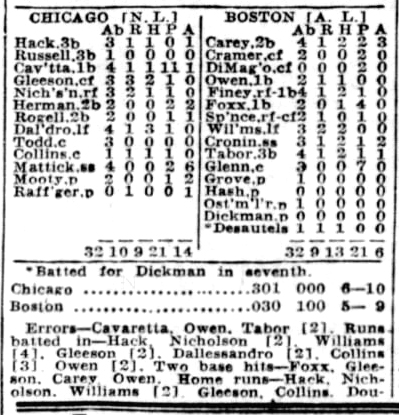They are older women now, their faces flashing across the screen in “Copa 71,” a film that corrects a terrible wrong and celebrates these women and others when they were young athletes out to change the world.
Especially potent in a time that now celebrates the accomplishments of such female athletes as Caitlin Clark, Simone Biles, and Serena and Venus Williams (the last two not coincidentally the executive producers of the film), “Copa 71″ unearths a long-buried story and film clips of the 1971 gathering of female soccer teams from across the planet for the first unofficial Women’s World Cup. It captures with great suspense the thrills of the matches in Mexico City and the blatant sexism that shadowed the whole scene. As contemporary soccer star Brandi Chastain says, almost infuriated, “Why didn’t I know about this?” She does now, as will you, unforgettably.
“Copa 71” is among the 10 films of this year’s Doc10 documentary film festival, a spirited gathering that will go a long way to redefining whatever it is you think of when you think “documentary.”
“Before we began, I would mention to people that I made documentaries and I would just watch as their eyes glazed over,” says Paula Froehle, co-founder with Steve Cohen of the Chicago Media Project, which is presenting the festival, now in its ninth year. “That is certainly no longer the case. ”
Founded in 2013, the CMP has been in the business of mentoring and helping finance documentary filmmakers and various projects. The Doc10 festival is its centerpiece.
“Every year we come across and watch hundreds of films,” Froelhe says. “We (with Cohen and senior programmer Anthony Kaufman) first come up with a shortlist and then fight like brothers and sisters over what will fill the 10 slots. It’s not easy getting it down to just 10.”
But I think it’s a wise decision, this less-is-more philosophy, and I gladly jumped at the chance to preview three of the films. And so, I have seen and was moved by “Copa 71” and surprised and stunned by the film that kicks off the festival on Thursday night, “Devo.”
I was never a fan of the band Devo, that group of musicians with their frightful sound and red flower pot hats. But those weren’t hats but, as the band called them, “energy domes,” I learned watching the film about “the most infamous band to show up on the face of the planet.” And the band was not composed of a bunch of goofs or drug-addled kids but rather some thoughtful guys with “a message that a lot of people never got.”
I get it now, and appreciate where it came from, born on the campus of Kent State University in the aftermath of four students being shot and killed by National Guardsmen in 1970. Influenced by the bloody times but also by such distinctive artists as David Bowie and Andy Warhol, this was a band of serious intent and considerable smarts.
Director Chris Smith uses great archival footage, colorfully frenetic images and thoughtful interviews with founders Gerald Casale and Mark Mothersbaugh to capture this six-man group that, for all its new wave associations, swam into the mainstream by riding high in the charts with that 1980 hit “Whip It.”
They were hard to classify in their time and far from easy listening. A noisy gang, you can see one of their first public performances in a 1973 concert for which Mothersbaugh wore a monkey mask and watched an audience quickly diminished from about a dozen to a lonely two.
But the film, a big hit at Sundance, makes a powerfully compelling case that the band was not some trivial novelty but a protest band of innovative messages deserving of attention and, like it or not, respect. Following the screening at the Davis Theater, some of the band members will be in conversation with WXRT’s Marty Lennartz.
“War Game” is the final film I watched and it is chilling, as it poses a question, “What if the January 6, 2021, attack on the U.S. Capitol spiraled further out of control?” To answer that, it provides what is called a “docu-thriller,” a simulation set on Jan. 6, 2025, with such prominent experts as former Montana governor Steve Bullock playing roles in a hypothetical crisis.
“This feels like a thriller,” Froehle says. “My heart started to beat a little faster as I realized that what I was watching might be a real possibility.”
It put me in mind of the fiction in “Seven Days in May,” that Kirk Douglas and Burt Lancaster political thriller in 1964. But “War Game” is a documentary and, as Froehle says, “Documentaries give us real people and we are drawn to them in deeper ways than we might be to fictional characters. We crave stories about human beings, where we can find an emotional connection. The lives of real people can inspire great films.”
The films are to be shown at the Davis Theater and Gene Siskel Film Center, along with 10 documentary shorts. Another of the full-length features is “Super/Man: The Christopher Reeve Story” on Friday night. A friend who has seen it tells me, “It is heartbreaking and heartwarming at the same time” and I believe her because we are in a golden age of documentaries and it is time for you to partake.
rkogan@chicagotribune.com
The 9th annual Doc10 documentary film festival runs May 2-5 at the Davis Theater (4614 N. Lincoln Ave.) and Gene Siskel Film Center (164 N State St.); www.doc10.org



